Jeżyce
6.83
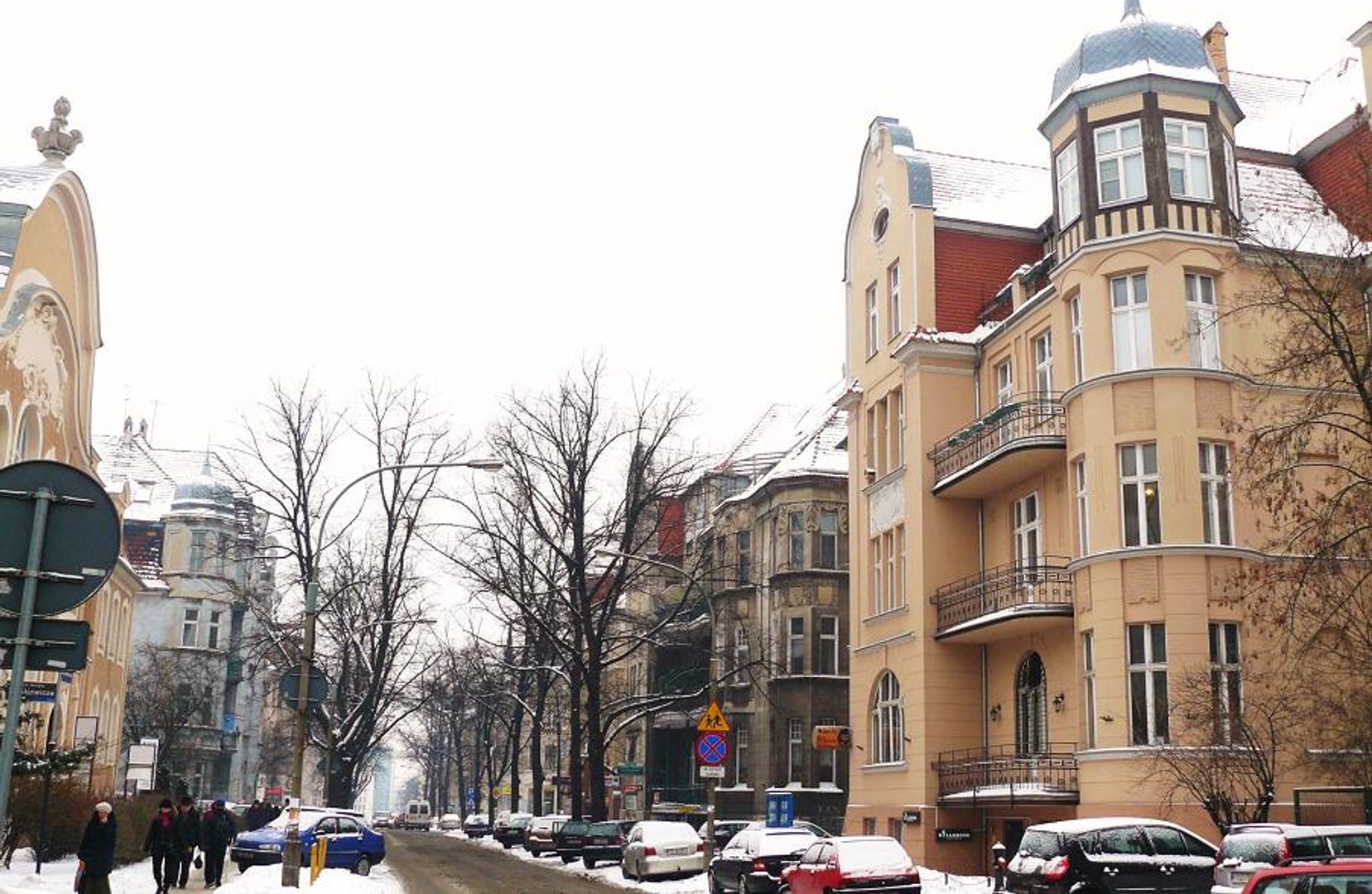
Overview
Jeżyce is a district of Poznań, serving as an administrative neighborhood and an area within the Municipal Information System, with a history dating back to the 13th century. Initially, it was a village, and its name likely derives from the given name Jerzy (George). In 1900, Jeżyce was incorporated into the city, which initiated intensive urban development. The application of modernist architectural solutions led to the disappearance of rural buildings in favor of multi-story tenement houses and the expansion of infrastructure, such as schools, churches, and a cinema. Jeżyce is home to the Jeżycki Market and the Botanical Garden, established in the early 20th century, which now serves as a green oasis for residents and tourists. In the 19th century, Jeżyce gained importance due to the construction of a railway line, which revitalized the region, as well as through the establishment of a parish cemetery and the Tram Workers' House. Jeżyce is also a cultural hub, with important institutions such as the Rialto Cinema and the Nowy Theatre, as well as clubs and associations that promote art and literature. Notable figures associated with Jeżyce include the writer Małgorzata Musierowicz, actors Tadeusz Łomnicki and Roman Wilhelmi, and rapper Peja, who references local history in his lyrics. A distinctive feature of Jeżyce is the preservation of its historical spatial layout, influenced by 19th-century fortification restrictions. Despite urbanization, the architecture of Jeżyce blends modernity with tradition. In terms of public transportation, Jeżyce is served by MPK Poznań buses, providing convenient transport for residents and visitors. Jeżyce is a dynamic example of the integration of rich history with modern cultural and social life.
Location
Tickets
Powered by GetYourGuide
You can also find here:

Old Zoo in Poznań
8.1
Jeżyce, Poznań
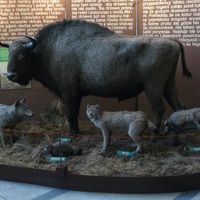
Environmental Knowledge Museum in Poznań
6.67
Jeżyce, Poznań
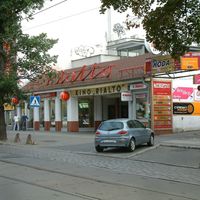
Kazimiera Iłłakowiczówna's Apartment-Studio
6.54
Jeżyce, Poznań
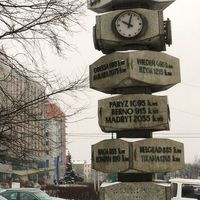
Światowid at the Caponier
6.36
Jeżyce, Poznań

Monuments and sculptures in the Old Zoo in Poznań
6.33
Jeżyce, Poznań
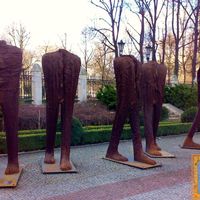
5 Figures
6.32
Jeżyce, Poznań

Church of the Most Sacred Heart of Jesus and St. Florian in Poznań
6.08
Jeżyce, Poznań
2026 Wizytor | All Rights Reserved